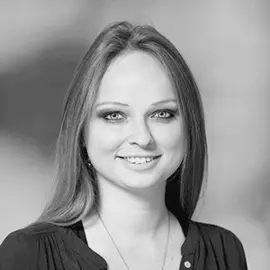Recovery of Nutrients through Circular Local Approaches to Integrated Management of Urine (RECLAIM-U)
Beschreibung
Switzerland is positioning itself as an early adopter in nutrient recovery and sustainable wastewater management. By 2026, legislation mandates phosphorus recovery from wastewater or sewage sludge, aiming to reduce dependency on imported fertilizers and preserve finite phosphate resource. In parallel, selected wastewater treatment plants (WWTPs) are being upgraded to remove micropollutants, such as pharmaceuticals, under the revised Waters Protection Act. However, the limitations of current centralized sanitation systems have become increasingly evident in the face of global challenges such as climate change, population growth, and resource scarcity.
ZHAW and Eawag have both advanced efforts to close nutrient cycles through decentralized solutions. Developed by ZHAW and Synergy Village, the KREIS-Haus is a self-sufficient living lab, which demonstrates circular economy principles at the building level by integrating technologies for water and nutrient reuse. In parallel, with its leading expertise in nutrient reclamation from urine, Eawag has developed the Nutrient Harvester, a compact, modular urine treatment system that stabilizes urine and produces a dry fertilizer via evaporation. These complementary efforts have been connected through preliminary collaboration, including student exchanges between ZHAW and Eawag. The proposed project builds on this foundation and takes the partnership to the next level: under ZHAW’s lead and with its expertise in applied science, the Nutrient Harvester will be evaluated and optimized under real-life conditions at the KREIS-Haus to support broader implementation of circular sanitation systems.
Eckdaten
Projektleitung
Stellv. Projektleitung
Projektteam
Projektpartner
Eidgenössische Anstalt für Wasserversorgung, Abwasserreinigung und Gewässerschutz eawag; Verein Synergy Village; ogmo AG
Projektstatus
laufend, gestartet 09/2025
Institut/Zentrum
Institut für Umwelt und Natürliche Ressourcen (IUNR)
Drittmittelgeber
Stiftung
